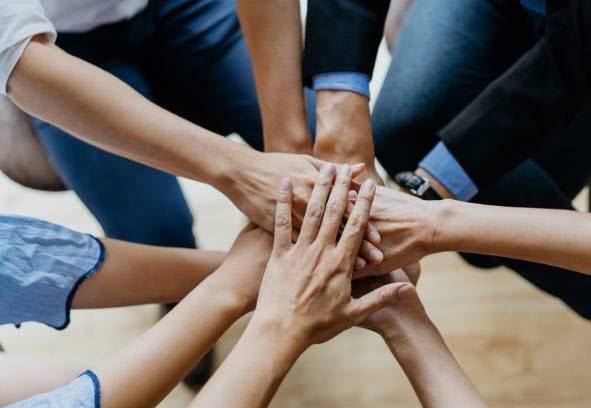Empowering Cooperation: The Transformative Power of Education

Empowering Cooperation: The Transformative Power of Education
Education plays a vital role in promoting cooperation in society. By fostering critical thinking, empathy, and understanding, education enables individuals to work together towards common goals. Educated individuals are more likely to engage in civic activities, participate in community development, and contribute to social cohesion. They are also more likely to understand the value of teamwork, appreciate diverse perspectives, and develop strong interpersonal skills.
Through education, people gain a broader perspective, recognizing the interconnectedness of their community and the world at large. This understanding encourages collaboration, mutual respect, and a sense of shared responsibility. Education also promotes tolerance, helping to break down barriers and resolve conflicts peacefully. By learning about different cultures, histories, and experiences, individuals develop a deeper appreciation for the diversity that enriches their communities.
Moreover, education equips individuals with essential skills for effective communication, teamwork, and problem-solving. By working together, educated individuals can address complex social issues, drive positive change, and build stronger, more resilient communities. They are better equipped to navigate challenges, adapt to changing circumstances, and find innovative solutions to pressing problems.
Ultimately, education lays the foundation for a more cooperative society, where individuals can come together to achieve common objectives and create a better future for all. By investing in education, we invest in the potential for greater collaboration, understanding, and collective progress. As a result, societies can become more harmonious, productive, and prosperous, with educated individuals playing a key role in shaping a brighter future.






